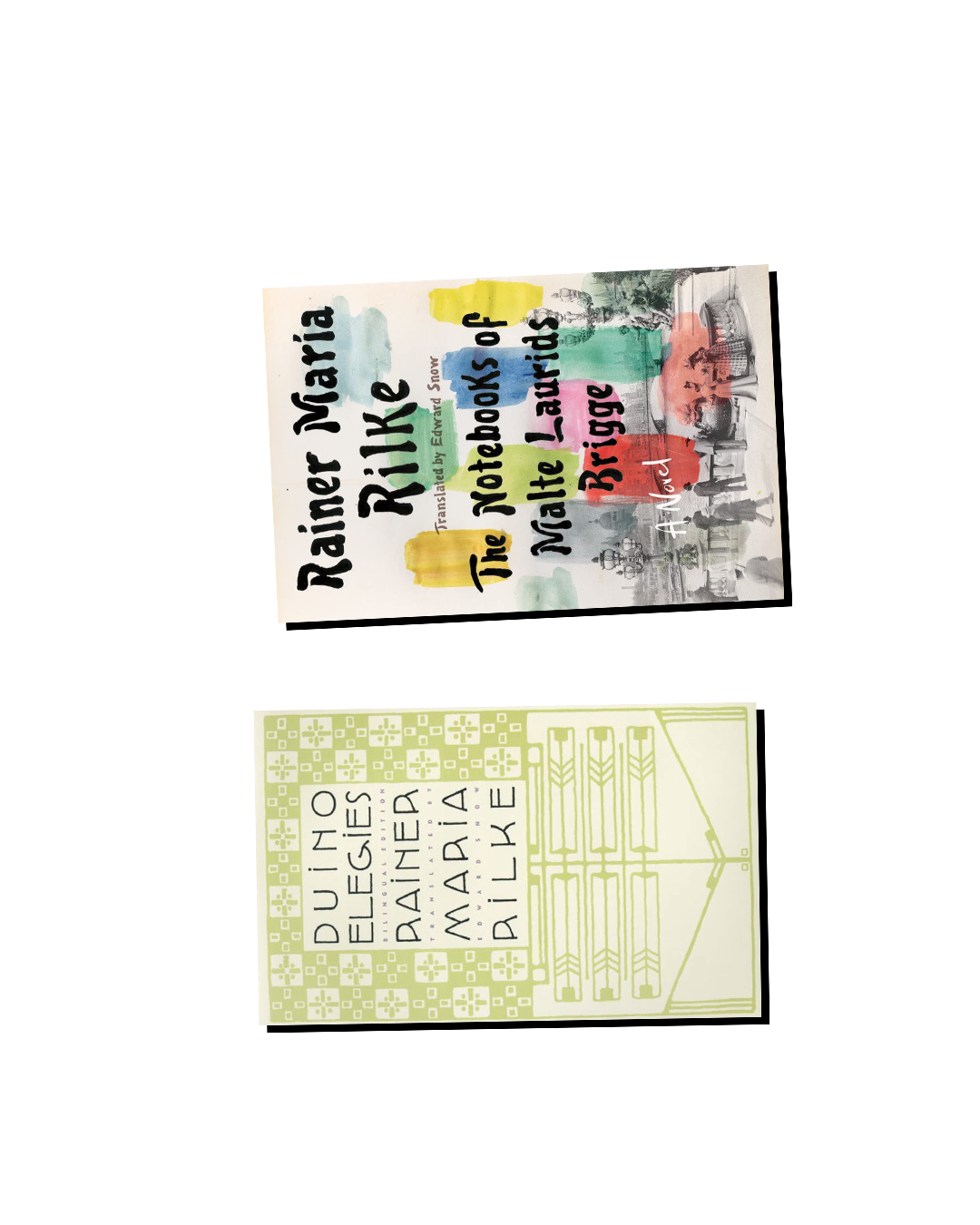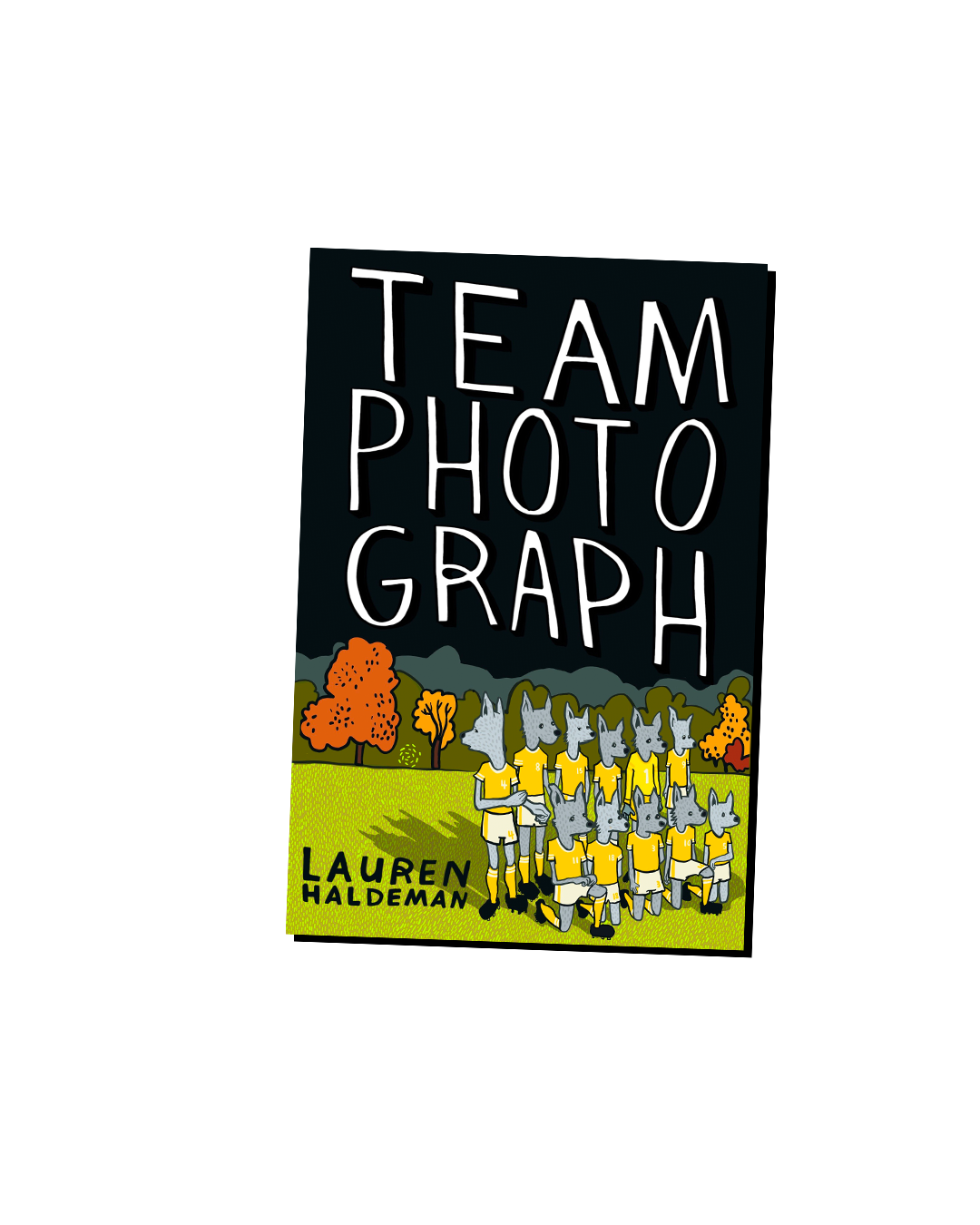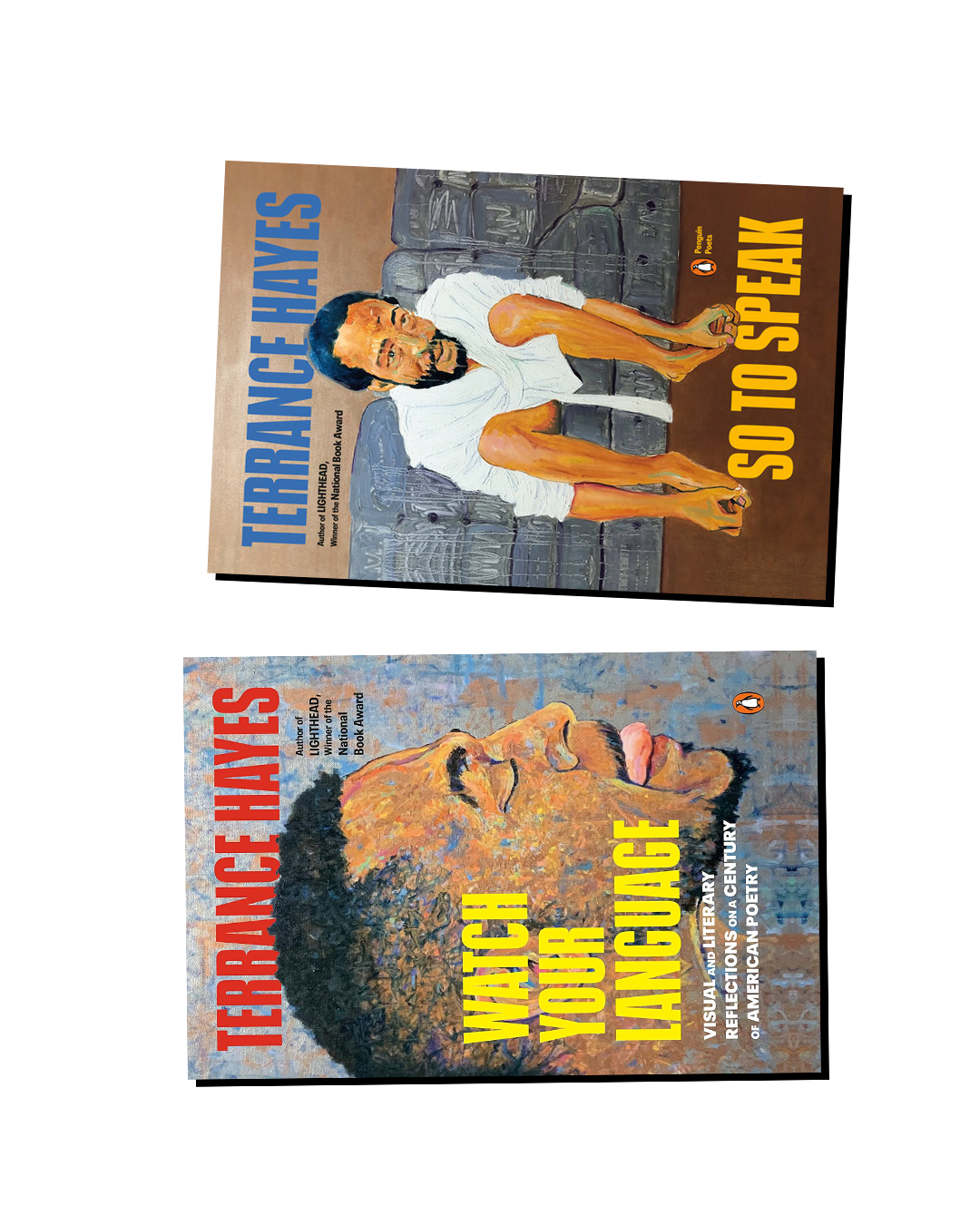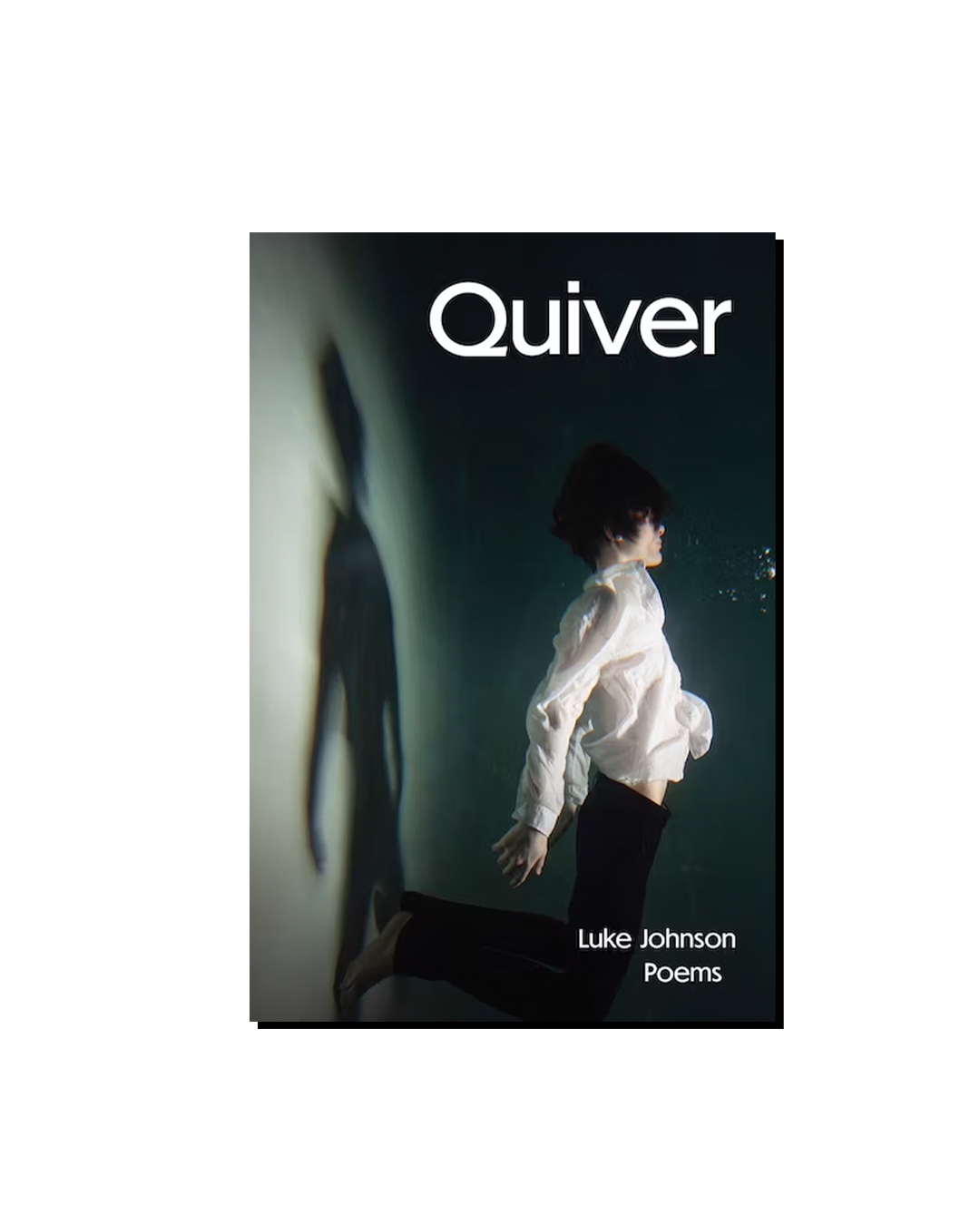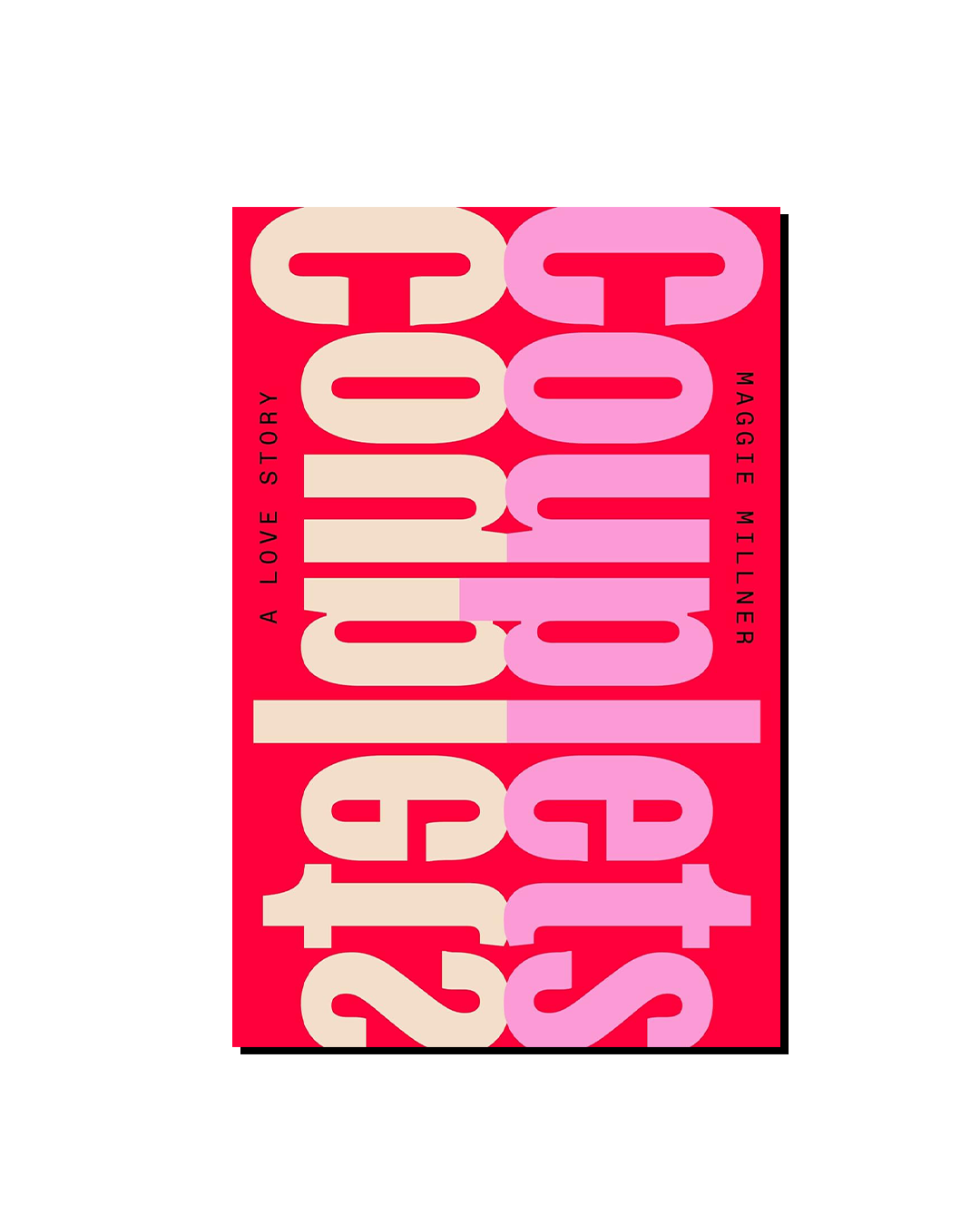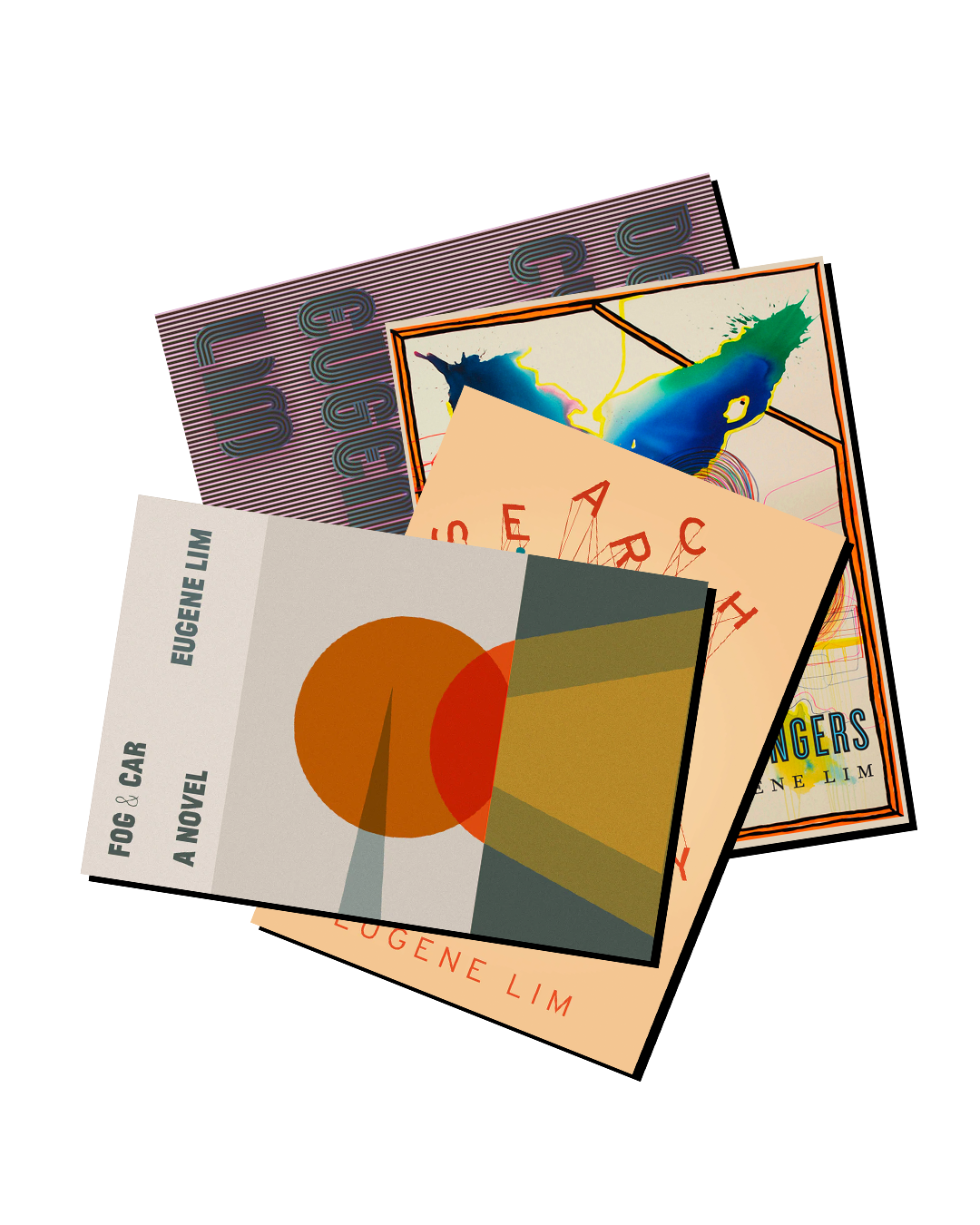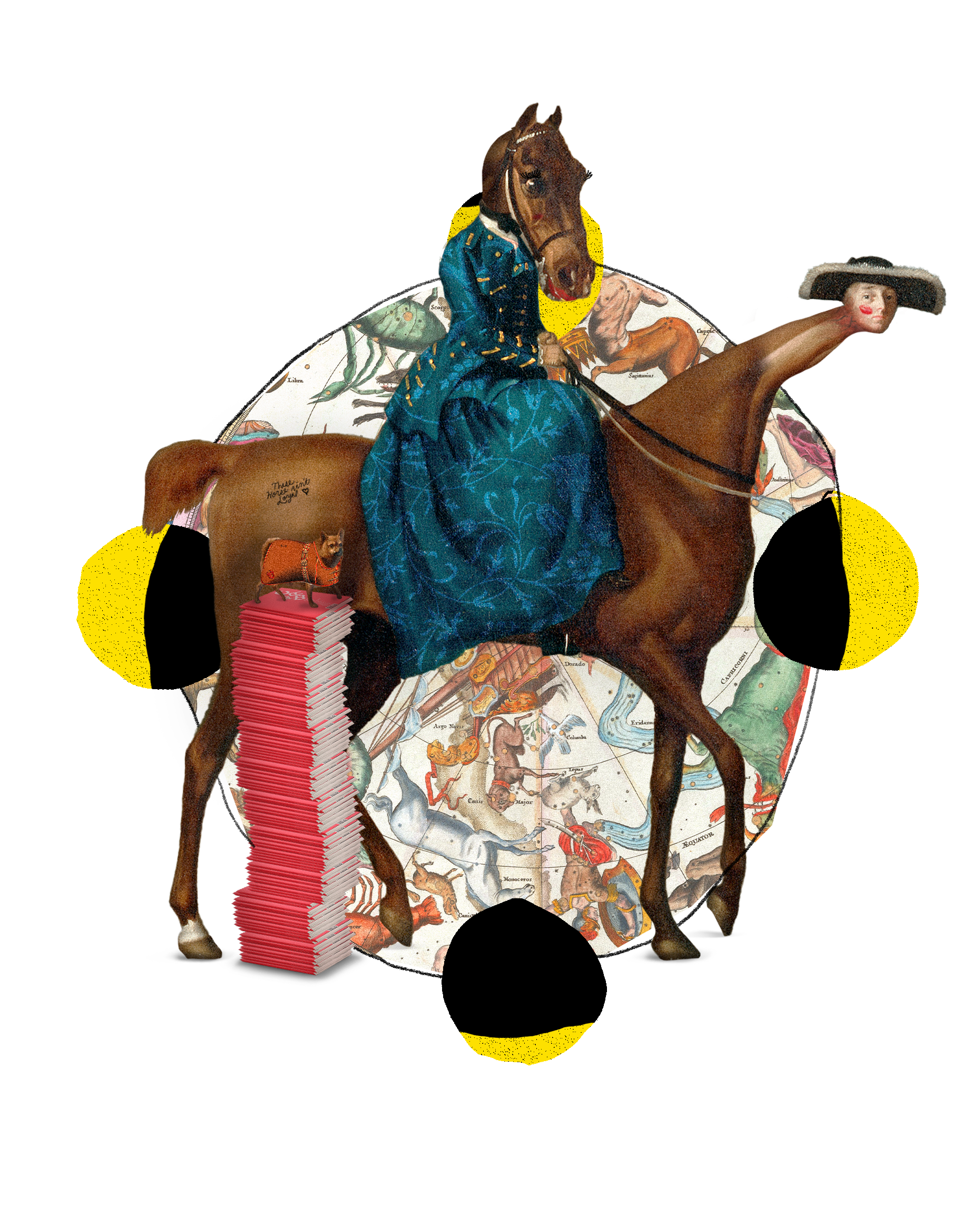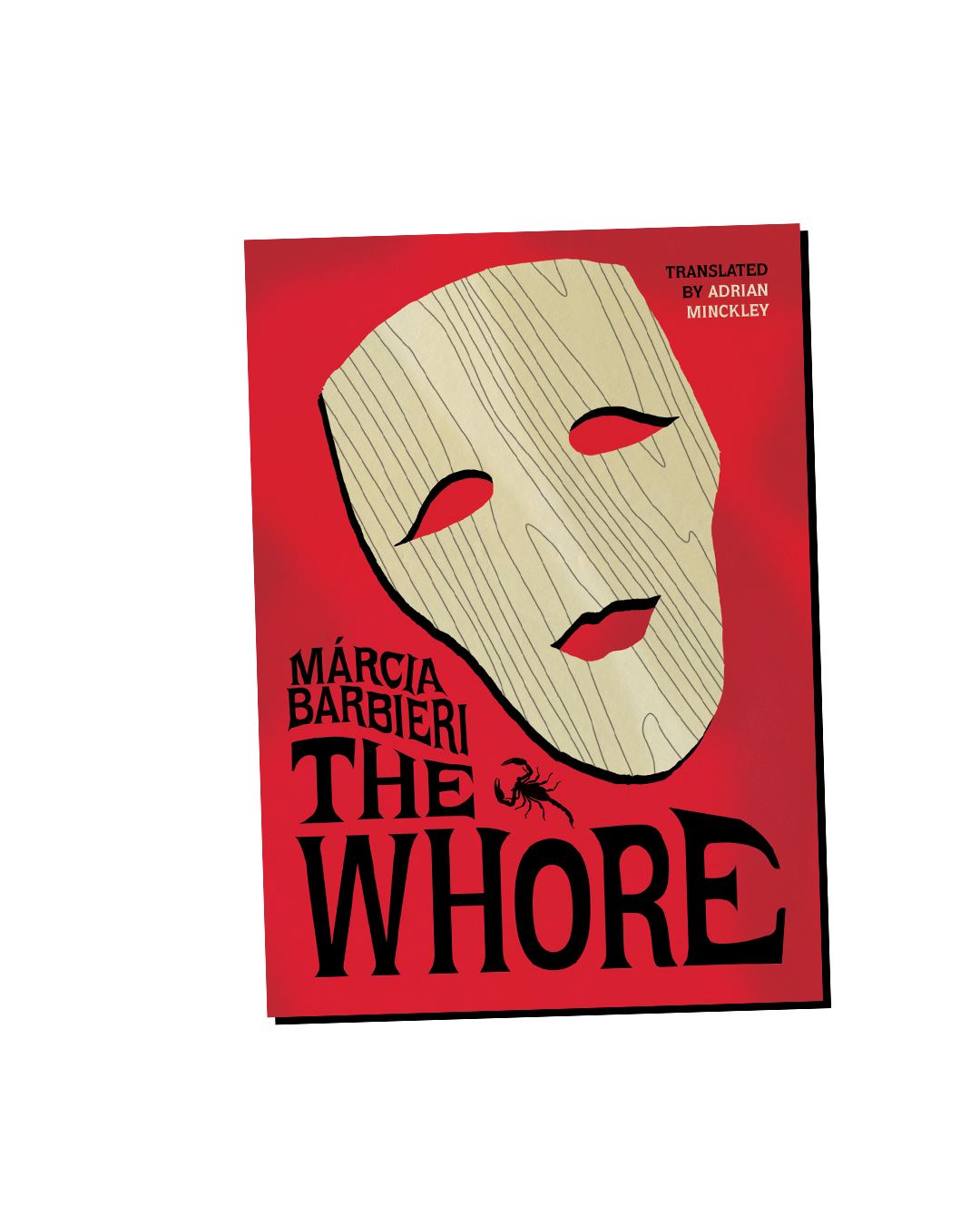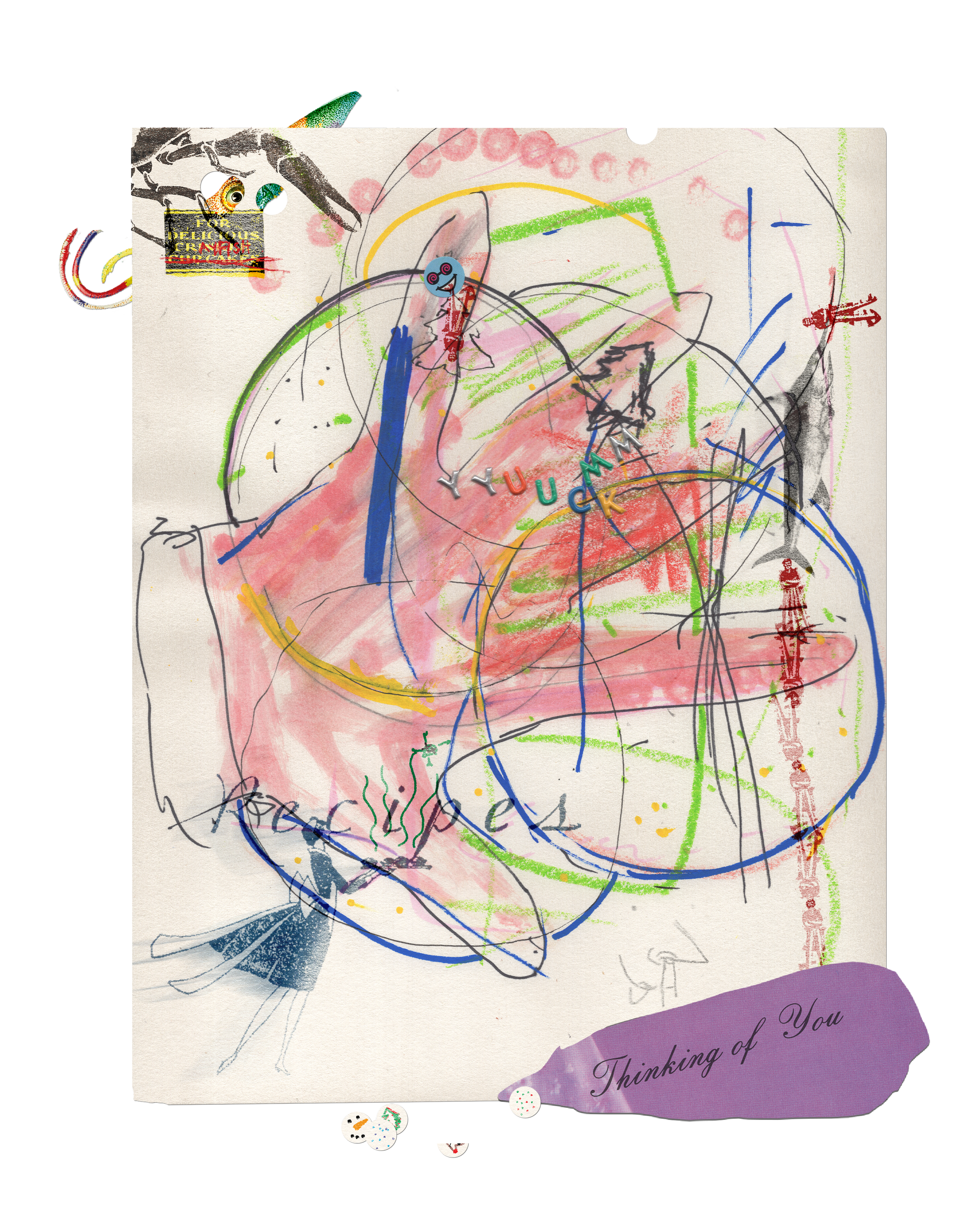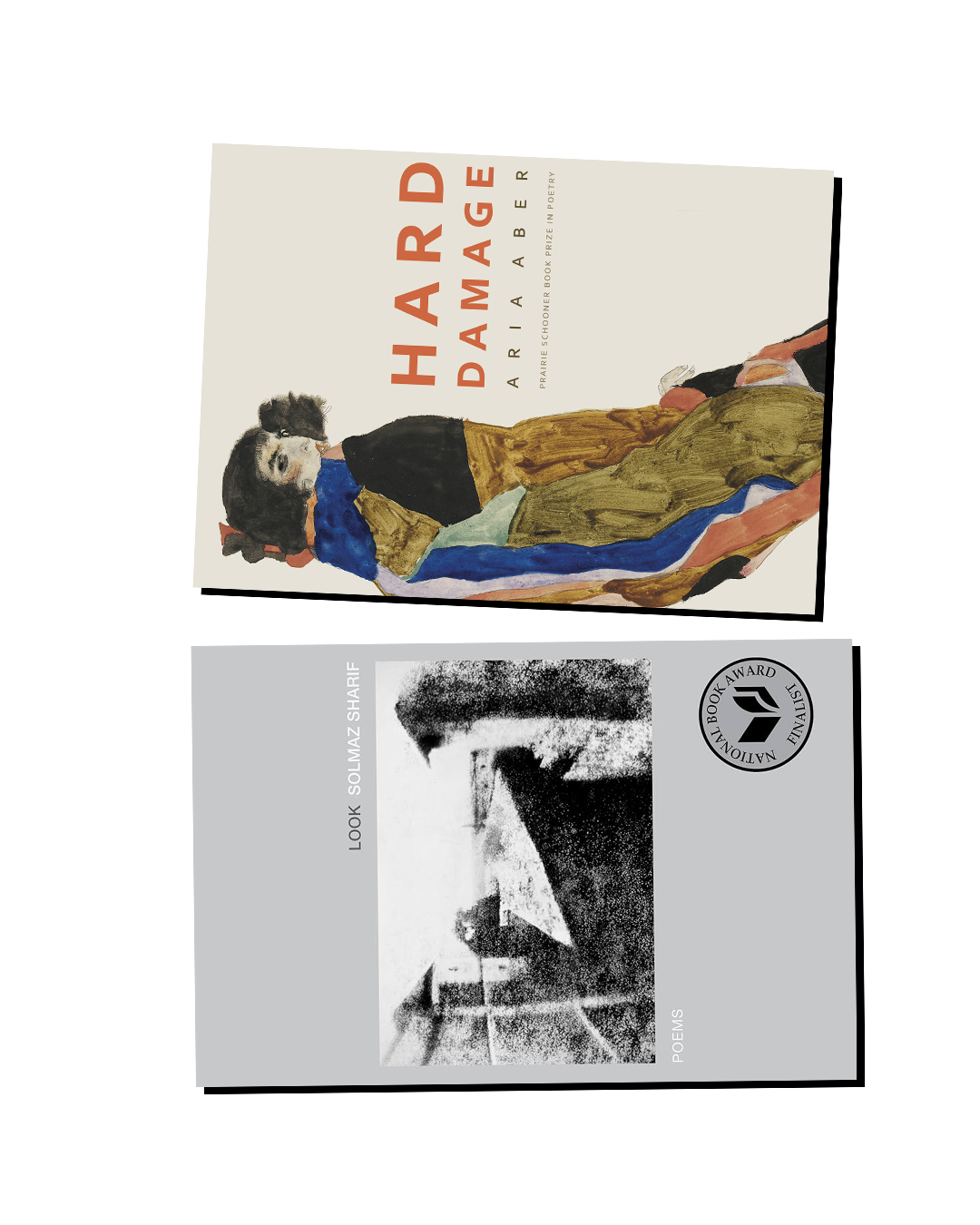How to Die in the Twentieth Century
This makes of poetry—true poetry—either a task that is more difficult even than sainthood, or else simply a fool’s errand altogether. There is a dignity specific to either option.
What’s a Sad Wolf To Do?: On Lauren Haldeman’s “Team Photograph”
Comics show eyes, minds, people where to go, how to organize spatial information, what’s important, what to see. Photographs don’t, or not in the same way: maps do.
Some Ekphrastic Evening: On Fred Moten’s “perennial fashion presence falling”
He emphasizes the way that content prophesies form, or the way that form supervenes upon content—which is to say, he emphasizes the way in which the void leaps and sticks its landing.
What Poems Can’t: On Terrance Hayes
Watch Your Language shadows So to Speak, offering what the poems can’t—not explanations of the origins of lyric impulse, but a recreation of the process involved in coaxing it.
Brutal Naturalism: On Luke Johnson’s “Quiver”
The desire to flay and spread open the guts, to commit sin and confess it, to claim responsibility by way of observational learning.
The Artist’s Self-Interest: On Capitalist Fiction
The idea that this cultural moment is specific to an era of progressivism, neoliberalism, or late capitalism (a term which always feels a little baselessly optimistic), does not seem accurate. Regular capitalism describes the moment pretty well.
Economies of Guilt: On Fernanda Melchor’s “This Is Not Miami”
There is an established tradition of Latin American novelists who started off as journalists.
The Live Louise Glück
When you grow up alongside a writer and see them change and rearrange and deliver a new object still dripping sweat, that object looks different than if you were merely recovering it from the long march of literature by the no-longer living.
Looking for Gauraa in “Notes”
Novels narrated through IMs or letters can manipulate the space between messages, relying on the reader to intuit the gap between what someone might be feeling and what they might be saying.
A Real and Un-Automated Horse: On Brian Merchant’s “Blood in the Machine”
Merchant demonstrates that to act as a Luddite is to be anything but out-of-touch: it is to mobilize a common sentiment that marches from the past, and to stride as part of a collective toward a more equitable future.
Only This or That: On Maggie Millner’s “Couplets”
You thought you knew everything about couplets, and then realize there’s something new to discover in the familiar form. An uncovering of fossils, a tomb whose bones are still intact, jewelry in place and shining around the dusty vertebrae.
The Haunting Presence of a Network: On Eugene Lim
The text is interactive, necessitating the intervention of the reader for categorization of its entropic structures. Genre inflects, demands, and manages expectations anew: it’s a goddamned virus.
The Precarious “North” of Jacques Darras
Darras’ poetry may long for the alleged poetic horizon from which waves—and, indeed, shades—emanate but, in its subtle (if finless) wisdom, remains coastal, content to let lyric fall tame upon the sand.
A Way of Loving Time: The Year in Wavy Lines
At this year’s end, we present its distillation or digital imprint: every wavy line from our homepage arranged in chronological order, a kind of cento, list, monument, calendar.
Quarter in Review: Three Horse Girls, Two Horses, One “Vol. 01”
The new issue is hot off the presses. It smells ripe, it wears leather, and it will get angry if you walk behind it.
This Macabre, Whirling Orgy: On Márcia Barbieri’s “The Whore”
In the new post-apocalyptic world, the litany has been lost, the prater silenced. Catastrophe discards everything into the same junk pile of existence; which is to say, catastrophe turns everything into junk.
Recipes, Rumors, and Reminiscence: A Literary Cookbook Gift Guide
Both women were prone to tragedy, exceptionally talented prose stylists, and flagrant pessimists, and their co-written cookbook provides a welcome glimpse into the charmingly caustic conversational style that made them social centerpieces of their era.
When We Look Away: On Christine Hume’s “Everything I Never Wanted to Know”
In many ways, Hume’s book is about the urge to look away from the brutalities and misogyny woven into daily American life. It’s also about what happens when we stop doing this: when we stop averting our eyes and look plainly.
Languages of Exile: On Aria Aber and Solmaz Sharif
What may seem at odds—Rilke and exilic Afghan selfhood, the DMAT and exilic Iranian selfhood—is connected and made whole. All become one in a language where poets imagine impossible homes for their fractured selves.
from “Slow Violence”
as melt, magnolia, test cricket, and breath
manta, sway, Cairngorms, slow spinning

